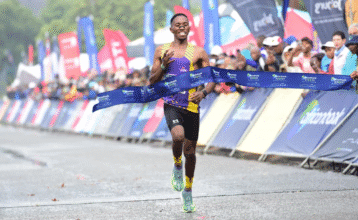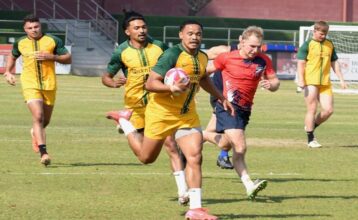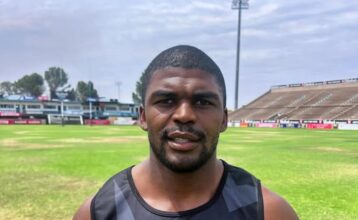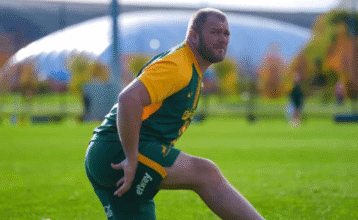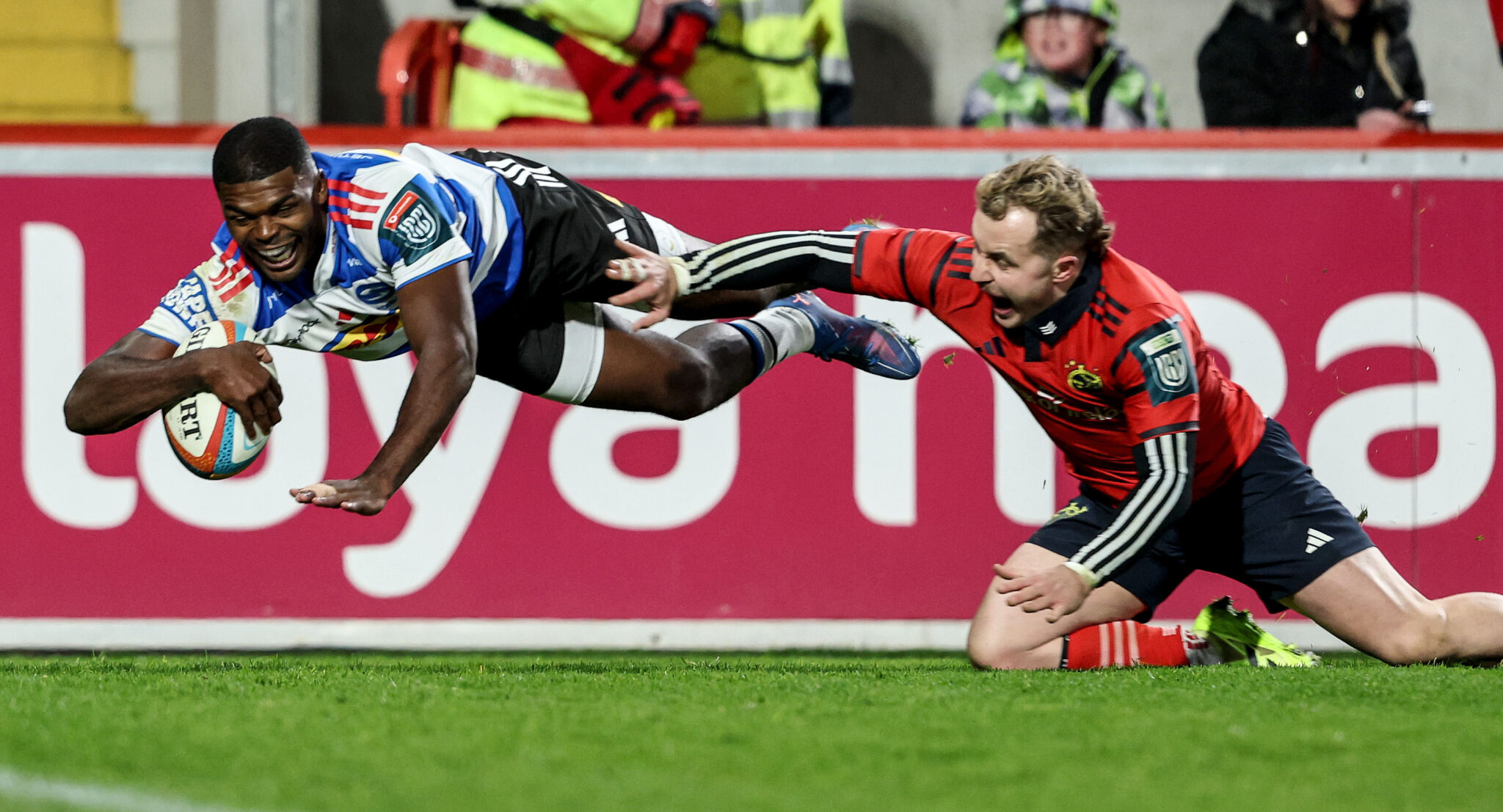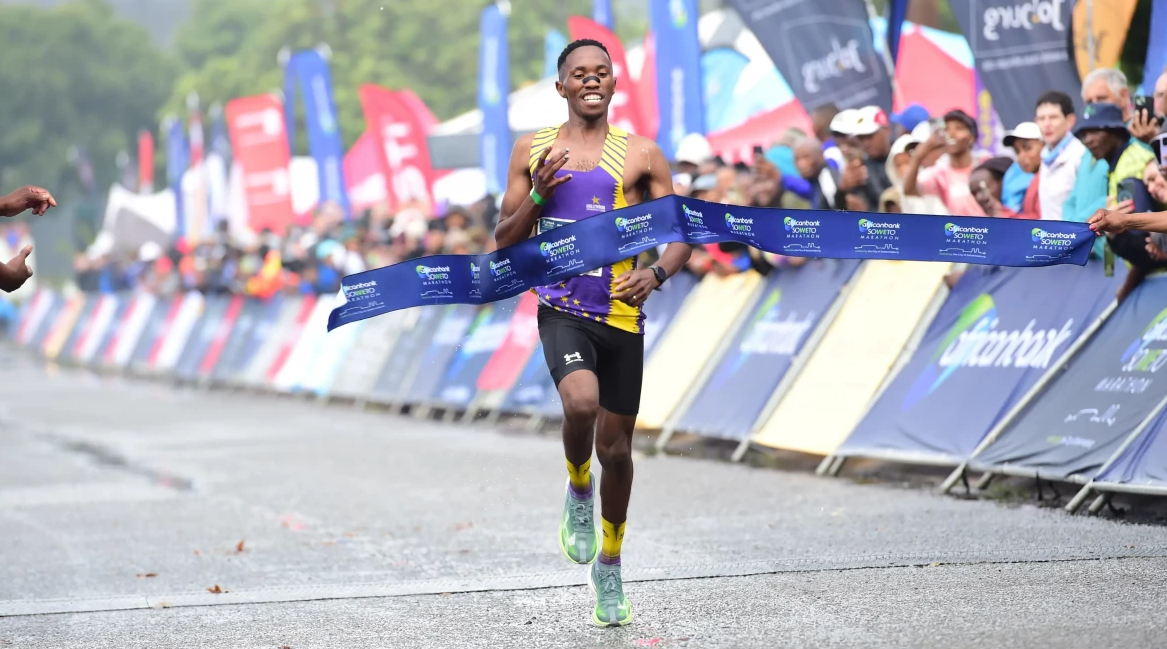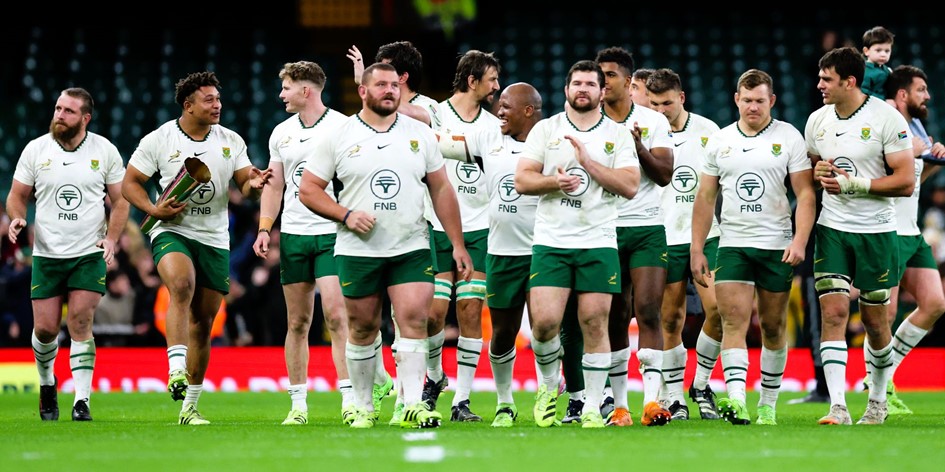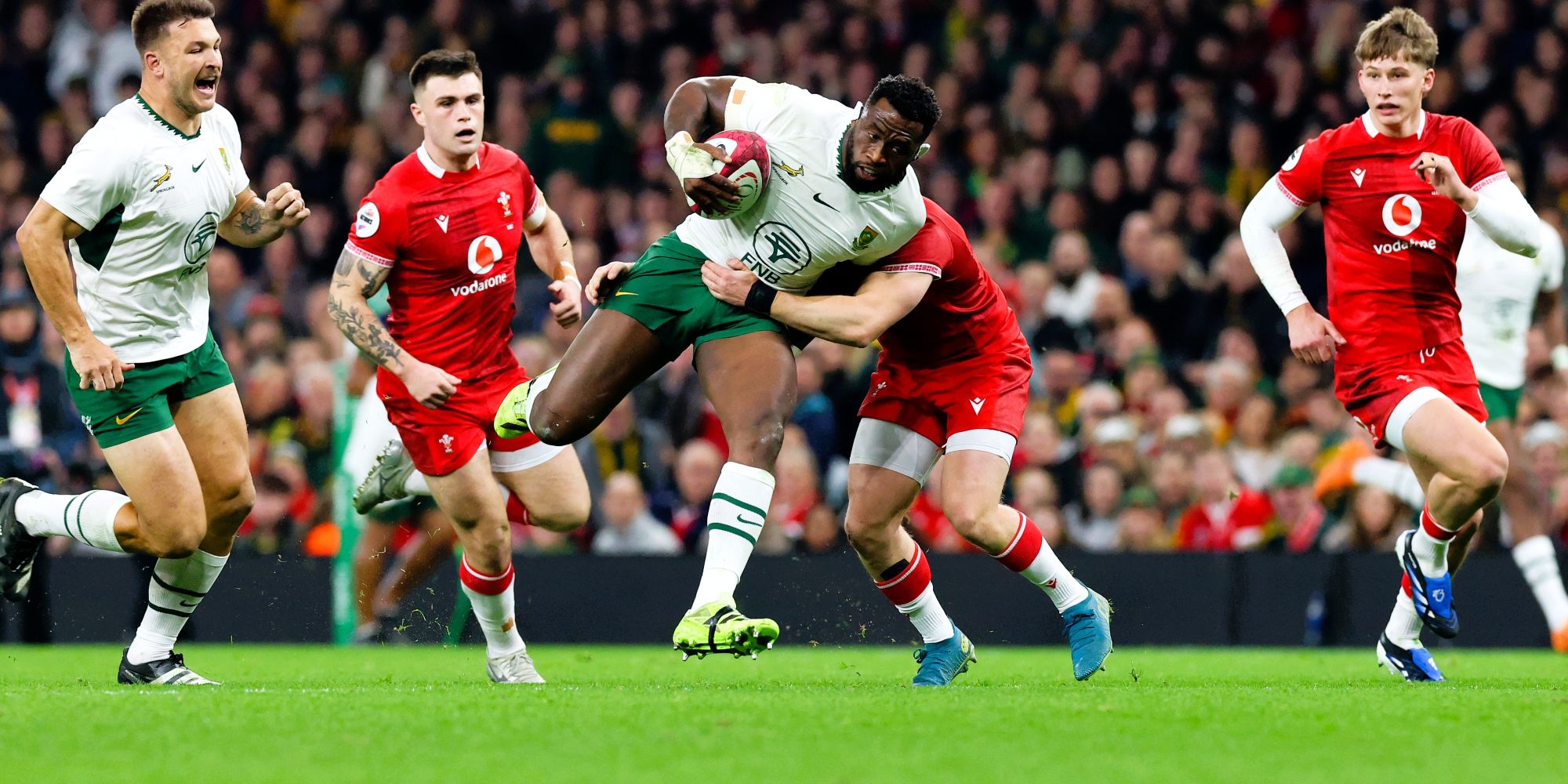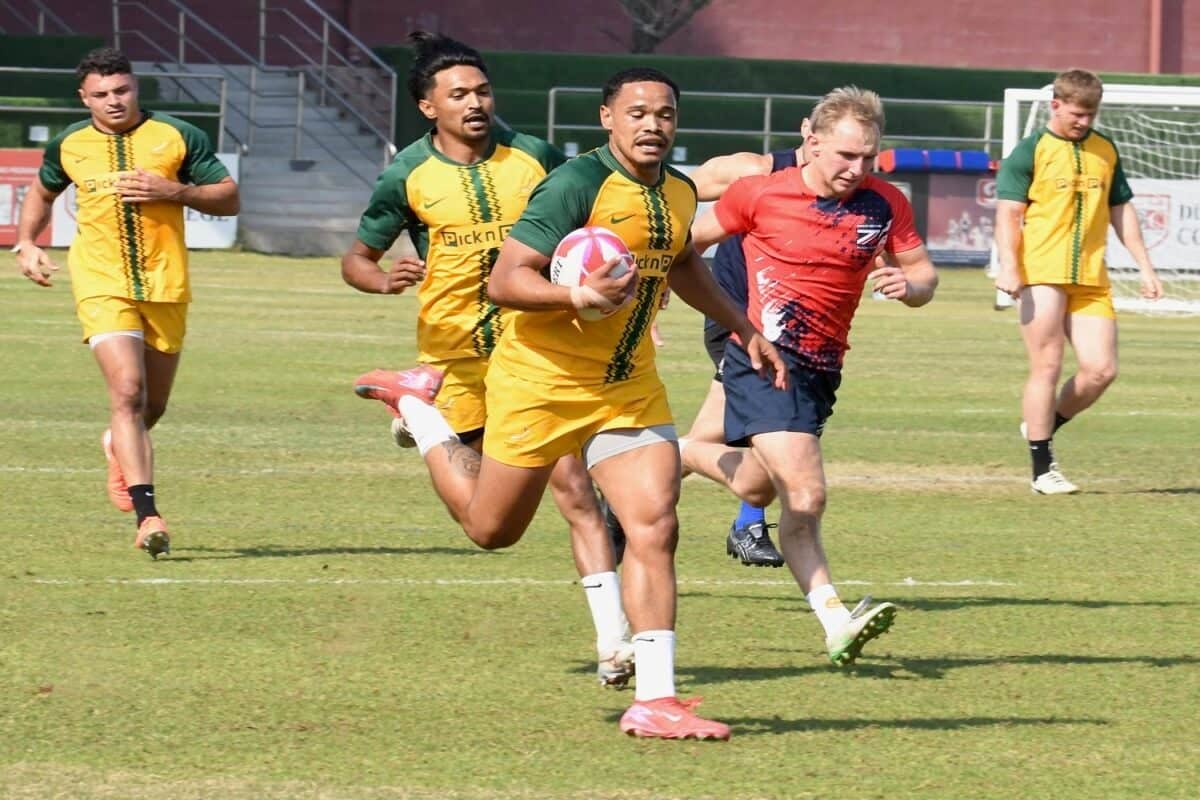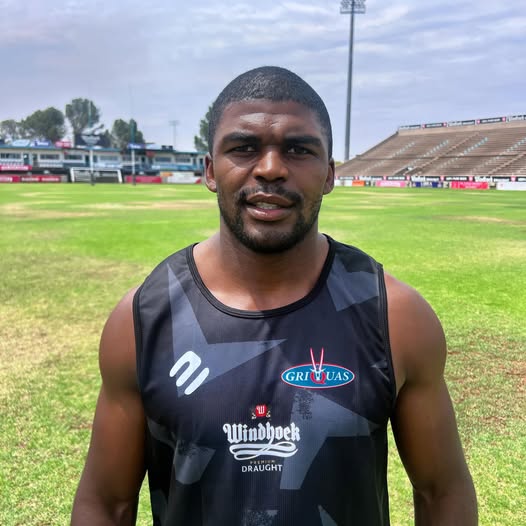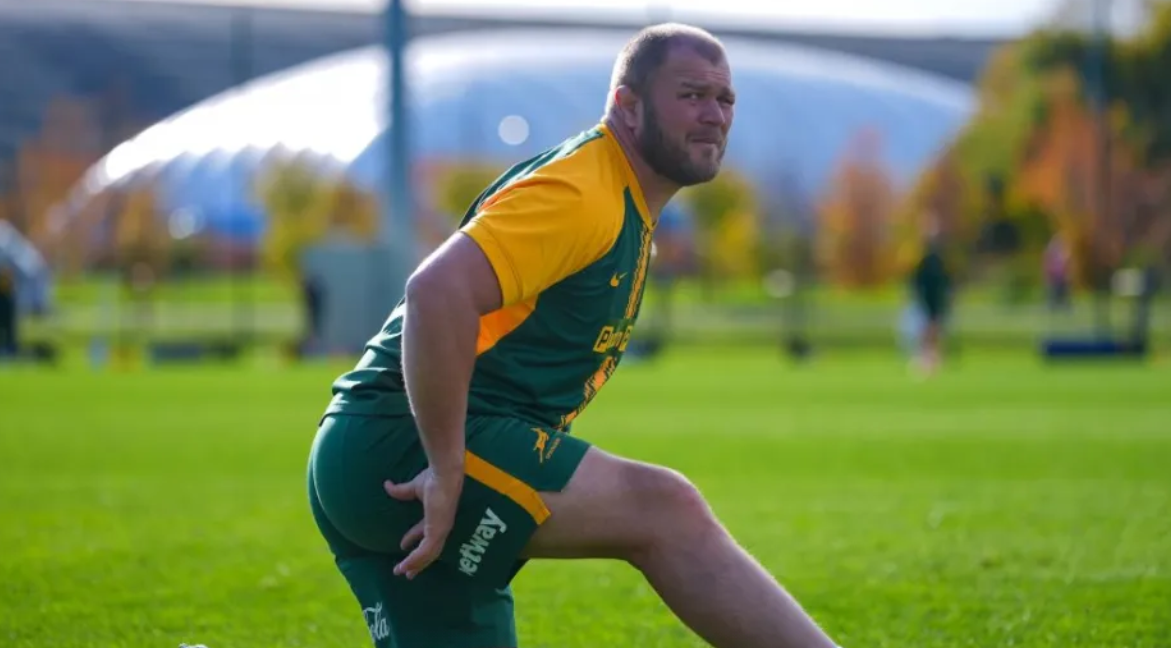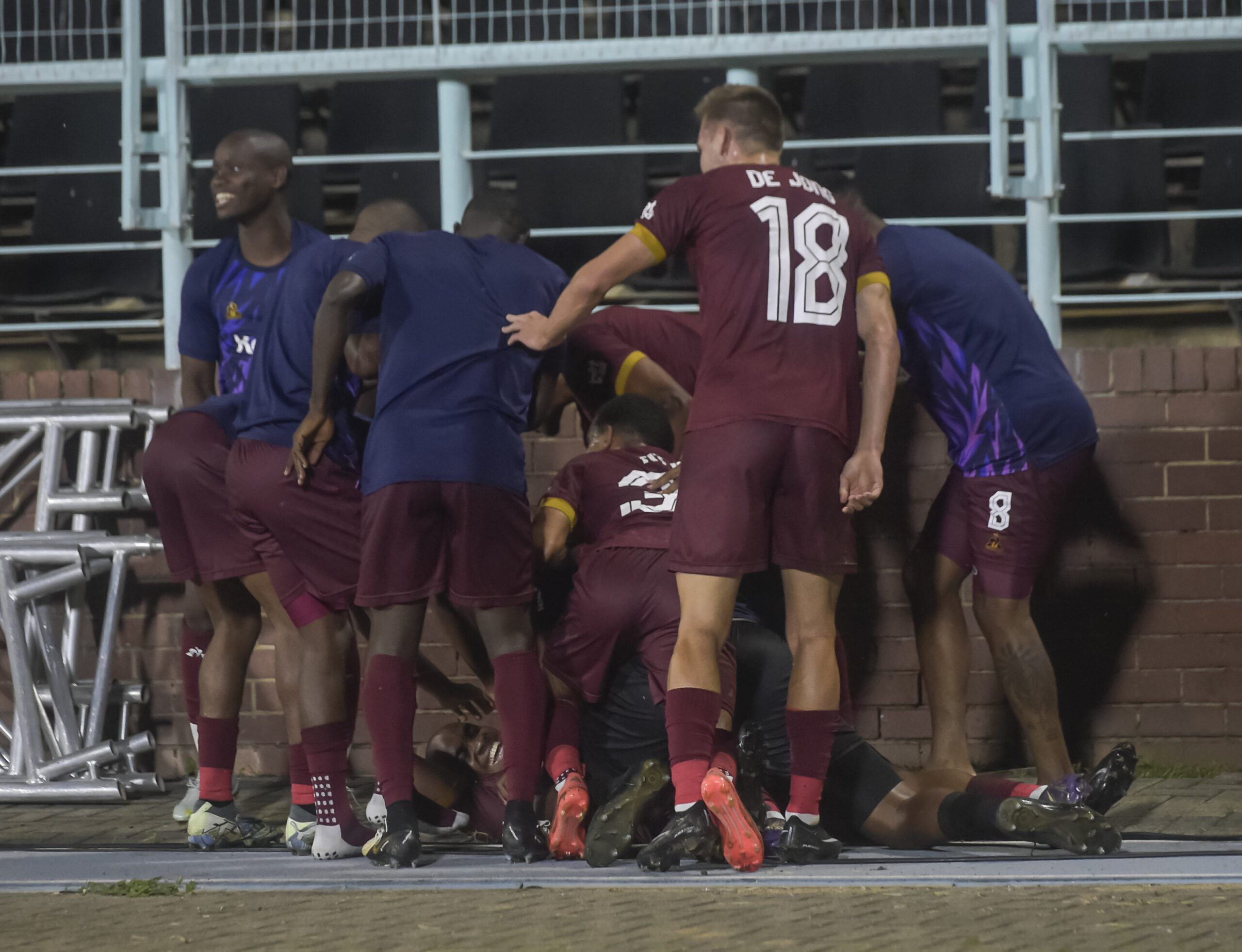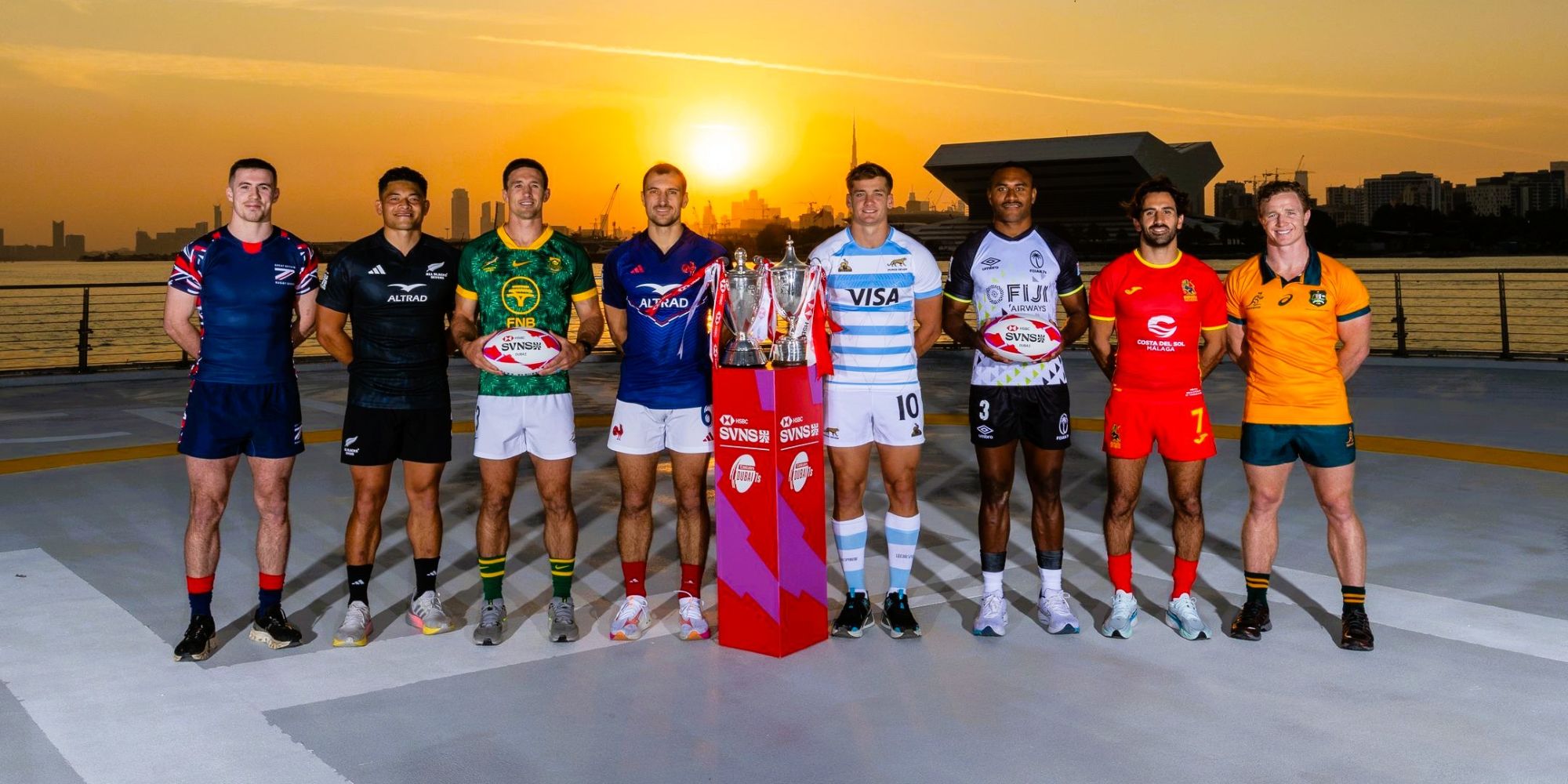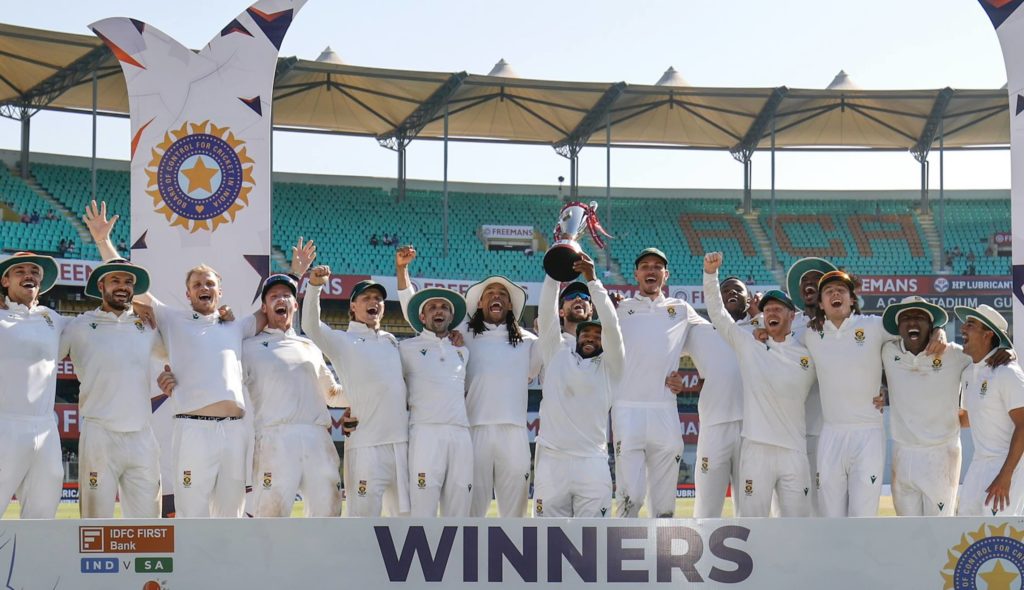A tidal shift has swept through the often-murky waters of South African aquatic sport. Like a rogue current rising from the depths, the newly established South African Water Polo (SAWP) body has surged ahead with a landmark legal victory that could see it assume the helm as the national governing body for water polo, leaving Swimming South Africa (SSA) spluttering in its wake.
In a ruling that landed like a perfectly placed lob into the back of the net, Judge Judith Cloete of the Western Cape High Court poured cold water on SSA’s claim to be the sole custodian of water polo in the country.
Her decision, delivered after an urgent interdict application by SSA, made it unequivocally clear:
“Swimming South Africa does not have an exclusive right in perpetuity to govern or administer the sport of water polo in South Africa.”
It’s a watershed moment. For years, SSA’s governance of water polo has been likened by critics to treading water in a storm—disorganised, unaccountable, and barely staying afloat. The judgment, coming with a hefty financial undertow—an estimated R1 million in legal costs—marks a possible end to SSA’s dominance over the sport and opens the pool gates for a new wave of leadership.
This legal duel, full of splash and drama, is more than a turf war in chlorinated lanes—it’s a contest over the soul and future of water polo in South Africa. The ruling is a buoyant victory for SAWP, which emerged earlier this year like a breakaway school of fish from a floundering shoal. Fed up with what many described as years of neglect and poor administration, a collective of Olympians, coaches, referees, and stakeholders banded together to form SAWP—an entity dedicated to transparency, athlete development, and international excellence.
The court’s judgment dived deep into constitutional waters. In her crisp summation, Judge Cloete invoked the rights enshrined in South Africa’s Constitution, including the freedom of association and expression.
“The applicant (SSA) cannot seriously suggest that the respondents (SAWP) do not have the constitutionally entrenched right to freedom of association,” Cloete stated.
“The Constitutional Court has made clear that freedom of association is a fundamental right… enabling individuals to organise around particular areas of concern, and to hold both public and private bodies to account.”
In essence, she ruled that there’s nothing in the law preventing multiple entities from existing in the same aquatic arena—especially when the existing structure is leaking credibility.
SSA’s claims were a cascade of accusations: that SAWP was “interfering” with its governance; encouraging boycotts; muddying the waters of communication; and even diverting the financial stream by securing its own sponsorships. SSA painted SAWP as a rogue wave threatening to swamp the established order.
But the court found SSA’s evidence shallow at best. The claim that SAWP was unlawfully presenting itself as the sport’s legitimate authority didn’t hold water. SSA even abandoned parts of its case midstream when it couldn’t produce evidence to back them up.
Instead, SAWP countered with a message of renewal and revival. It argued that its efforts were not sabotage, but a lifeboat for a sport adrift.
“SSA has no right to suppress criticism and stand in the way of SAWP (and its members) from acting lawfully, in the interests of its members, and with the utmost good faith,” the organisation declared in its legal response.
This isn’t just a legal skirmish; it’s a movement cresting into something much larger. Water polo in South Africa has long been the neglected lane in the swimming complex—a sport with immense potential stifled by bureaucracy and indifference. Now, buoyed by this judgment, SAWP has a chance to build something from scratch, free from the dead weight of past mismanagement.
Whether SAWP will now be officially recognised as the national federation remains to be seen. The National Sport and Recreation Act and World Aquatics (the international governing body) still formally acknowledge SSA. But the court has now opened a channel for reform—a legal rip current strong enough to challenge even the most entrenched institutional forces.
There’s a new energy flowing through the sport. Players, coaches, and parents who have watched promising careers drift away due to lack of support or opportunity may now find hope in SAWP’s vision.
Like a relay swimmer diving into uncharted waters, SAWP’s journey has just begun. But with the tide of public opinion turning and the weight of the Constitution behind it, the organisation may very well have the stroke to outpace its critics and pull water polo into a brighter, more accountable era.
And in this changing current, SSA finds itself gasping for relevance—no longer the only swimmer in the lane, and perhaps no longer in the lead.
As the echoes of the gavel fade, the water stills momentarily. But one thing is clear: the pool has been stirred, and the ripples of change are only beginning to spread.



